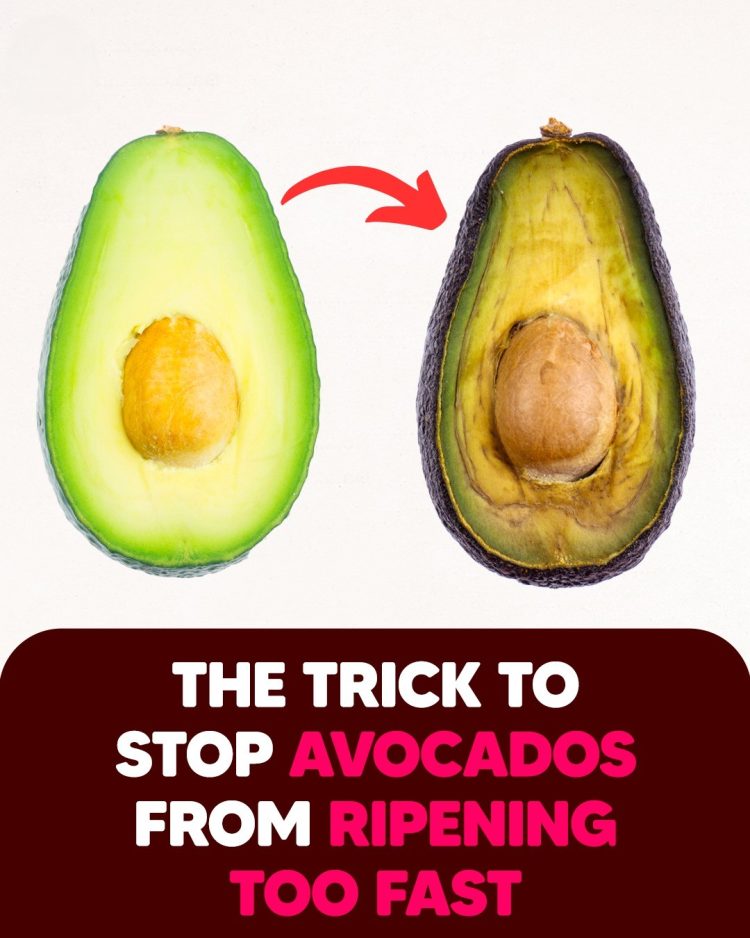As much as Avocado is rich in potassium and healthy fats, it has one fault — a narrow window of ripeness. This means that avocados must be stored properly, so they last as long as possible. When a fresh, ripe avocado is sliced to reveal a buttery-smooth green flesh, it evokes a feeling of pure bliss. Unfortunately, that isn’t always the case because avocados not only have a very small window of ripeness, but they also rapidly oxidize (turn brown) when the flesh meets air.
The main deal starts with choosing the right fruit. If the Avocado is needed immediately, a perfectly ripe one would be the best option. A ripe avocado will yield to pressure and have a darker peel than an unripe one. Ripe avocados should be used within two to three days, otherwise, they will spoil.
Here’s how to store avocados, regardless of their state.
How to Store Whole Avocados
Whole avocados are much easier to store than avocado halves because the peel protects the flesh from oxidation. But measures could be taken to prolong the life of avocados or speed up its ripening process. Ripe, ready-to-eat avocados are best stored in the refrigerator to slow down the ripening process and keep them in the low-humidity crisper drawer of the fridge (most crisper drawers will have a vent that allows to adjust the humidity levels). They’ll last between two and three days when stored this way.
READ MORE
9 Ways To Keep Your Salads Fresh For Longer Periods
Storing Whole Unripe Avocados
Unripe, not-yet-ready-to-eat avocados should be stored at room temperature to speed up the ripening process. Leave them on the countertop, out of direct sunlight. Ripening could take up to five days, but be sure to check their ripeness daily by gently pressing on them to see if they yield to pressure.
see continuation on next page
